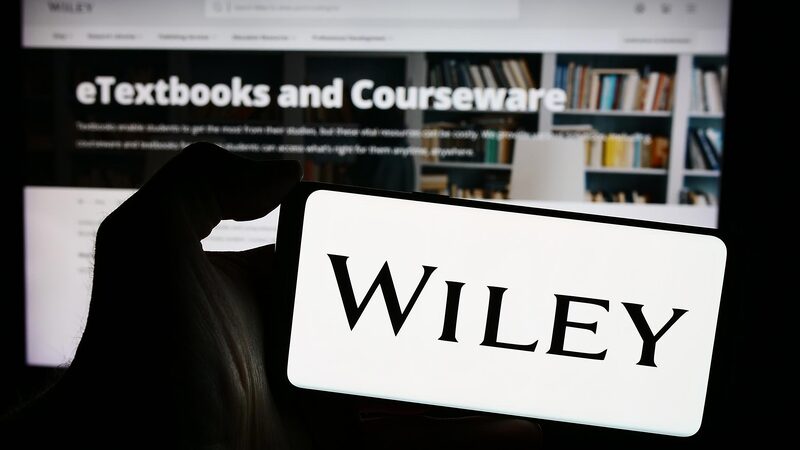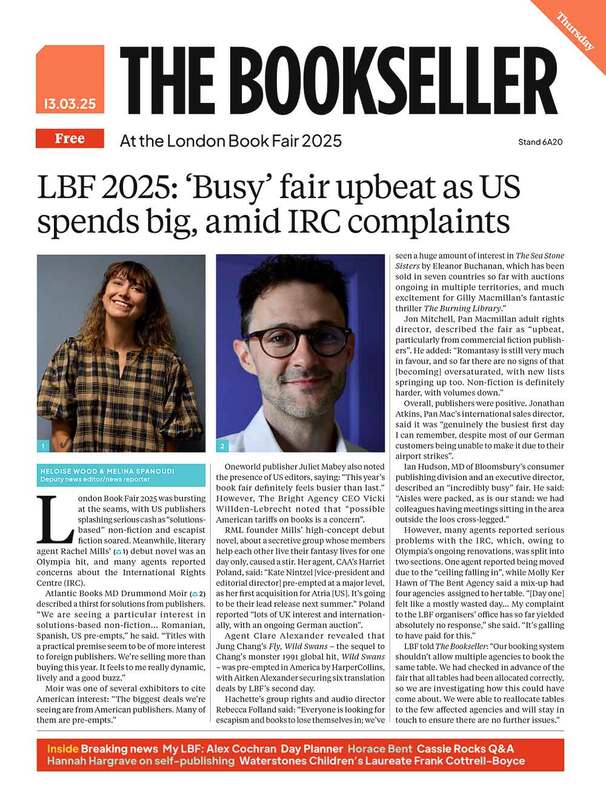You are viewing your 1 free article this month. Login to read more articles.
CILIP sets up Libraries at Risk Monitor amid 'significant number' of proposed changes to public library services
The Chartered Institute of Library & Information Professionals (CILIP) says it is “concerned at increasing reports of a significant number of proposed changes to public library services which appear to be motivated primarily financially rather than by the needs of service users”.
This week Birmingham City Council announced it will make £300m worth of cuts to services over two years, making it the largest budget cut in local authority history. This includes plans to close 25 of the city’s libraries, leaving just one library for each of the 10 parliamentary constituencies in the city.
“In light of the many positive benefits of local libraries to the communities they serve, we urge councils to reconsider any proposed cuts to library funding and to prioritise the preservation and, where possible, improvement of local public library services,” CILIP said.
The organisation has set up a Libraries at Risk Monitor to provide a resource for the library sector, and the public to keep track of these changes across the UK.
“We know that councils across the country continue to face huge financial challenges in light of the increasing demands of social care, the cost-of-living crisis, and reductions in centrally distributed grants, along with a series of short-term local government financial settlements. We are working with councils to find opportunities for greater efficiencies through modernisation and innovation and have worked closely with the Local Government Association to produce guidance on this," a spokesperson said.
“Once a library building is closed or a service is hollowed-out or handed off to volunteers, this represents a permanent loss of opportunity for the people in the surrounding area – permanently impairing social mobility and life chances in the process.”
Jo Cornish, interim c.e.o. of CILIP, said: “Public libraries are a vital high street service as knowledge hubs. They are free to all and foster literacy, education, and community engagement. They provide free resources, bridge the digital gap, and offer a space for learning and cultural enrichment. Public libraries play a pivotal role in promoting inclusivity, lifelong learning, and the overall well-being of communities. We will work with local councils and the government to protect this essential service from funding cuts.”



















